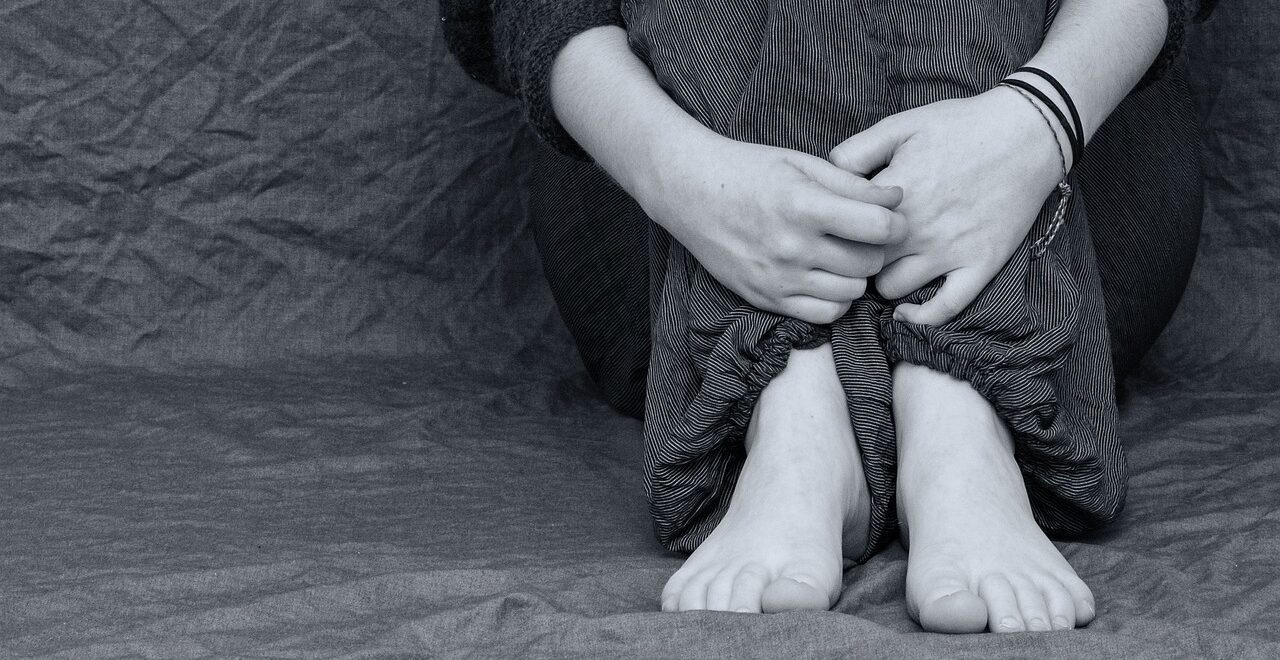Bullying is defined as a form of harassment, both verbal and physical a bully could either hurt or scare someone who is smaller or less powerful.
Surveys have shown that 20% of students ages 12-18 experience bullying
nationwide.
Not to mention that 15% of the students who have experienced bullying claimed
they were specifically cyber bullied.
Cyber bullying is a form of harassment which takes place online or on social
media.
Bullying is very common within schools and could happen to anyone including
siblings, cousins, friends.
It can affect students’ health, both mental and physical.
Many children who are victims of bullying choose not to speak up and report it.
And many times, bullying affects their performance in class and their lives at home.
41% of children report that social anxiety is a result of cyberbullying alone.
37% associate depression with online bullying.
These mental health issues can lead to students wanting to harm themselves and/or
thoughts of suicide.
When students are victims of bullying, sometimes they choose to skip school or not
attend their extracurricular activities.
Bullying can lead children to feel very self-conscious about themselves.
If a child feels too overwhelmed by the situation, they may prefer to skip out on
important parts of their routine in order to avoid their bully/bullies.
This can make their depression and anxiety worse if they’re no longer participating in
things that make them happy.
As well as mental health issues, children can experience physical issues as well when
being bullied.
It can cause them to have little to no appetite.
It can also lead students to lose sleep and form bad sleep habits.
When children as consistently stressed and overwhelmed, their physical bodies can
begin to match their mental issues.
While some students start doing badly in school and might skip class, others begin to
act out in aggression.
New studies show that students sometimes lash out on their own because of everything
that they’re going thought.
Being bullied can cause someone to be angry themselves and might not understand
what to do.
Sometimes they lash out at their friends and family members.
Moodiness in children is a big indicator that something might be going on at school or
occurring online.
Most of the time children do not seek any help if they are being bullied.
They might feel ashamed or embarrassed.
Sadly, a lot of the time children feel like their own families won’t believe them.
They might also want to avoid causing more drama in their homes if there’s already a
lot going on at home.
It’s very important to listen calmly to your kids if they feel like they are being bullied.
Bullying comes in many shapes and forms so you shouldn’t dismiss their feelings.
Bullying can affect anyone no matter their age, gender, race, or social status.
Students who are victims of it should be heard and provided with the correct resources
before it begins to affect other aspects of their lives.
It’s important that these children feel safe online and in school.

